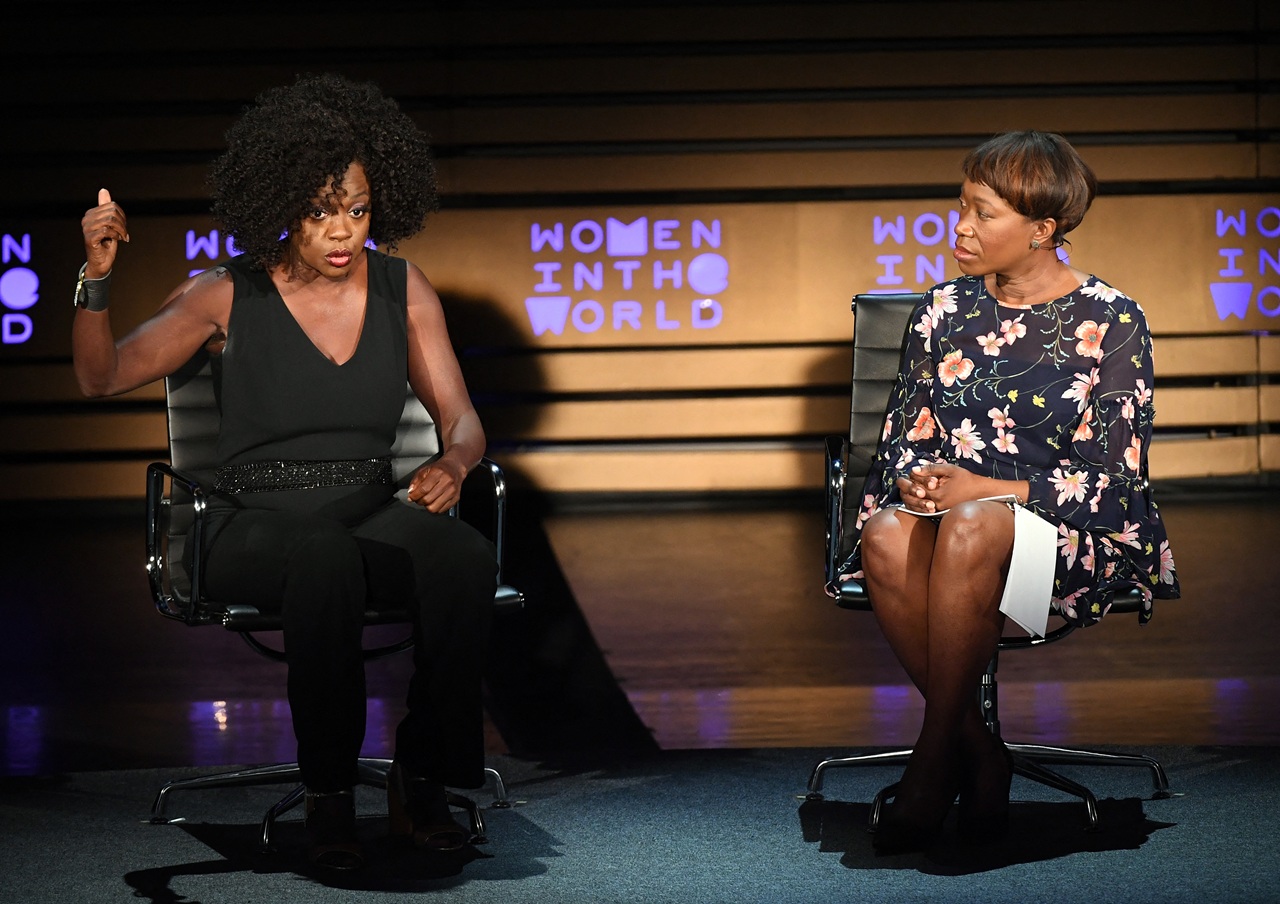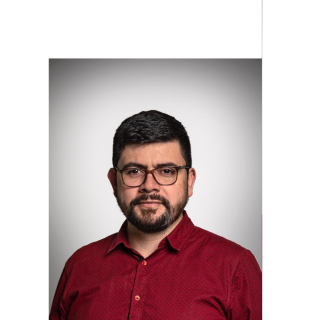
Are journalists who criticize Trump being cancelled?
A group of communications professionals seems to have entered a crisis stage. It all coincides with Trump coming to power again.
The firing of MSNBC reporter Joy Reid is the latest chapter in a novel that seems to have a dramatic name: shutting down critics.
As such, this announcement has sparked a debate about press freedom and the impact of politics on the media. Reid, one of the most vocal critics of former President Donald Trump, was removed from the network's schedule in a move that some consider part of a broader purge against media figures who have openly questioned the Republican leader.
This is not an isolated case. In recent months, there have been episodes that show that President Trump and his entourage are unwilling to accept dissent.
The phenomenon of "cancellation" of journalists critical of Trump is not new, but it seems to have intensified with the former president's return to the political fray. During his first term, Trump had an openly hostile relationship with the media, labeling networks like CNN and MSNBC and newspapers like The New York Times as "enemies of the people." Now, in office for the second time, the media landscape is undergoing changes that some consider strategic to neutralize dissenting voices.
Joy Reid not only criticized Trump on numerous occasions, but also addressed sensitive issues such as the alleged manipulation of information by right-wing figures and Trump's influence on political extremism in the U.S. Her departure from MSNBC comes in a context where the network has experienced a drop in audience, but her followers argue that the decision responds to external pressures that seek to silence uncomfortable positions for Trumpism.
Even so, the drop in ratings is true and may reflect a state of opinion that refuses to admit criticism against the president, who won with a surplus of popular and college votes, to which must be added the resounding triumph of his party in Congress. This apparent unanimity in public opinion is a breeding ground for extremism and autocratic positions.
Other Similar Cases
The issue seems to be escalating. The message that the Trump administration is sending to the entire citizenry is that it cannot be contradicted. This was evident now in February, when the government banned the Associated Press (AP) news agency and its journalists from presidential events, the Oval Office and Air Force One, in retaliation for the agency's refusal to adopt the term "Gulf of America" instead of "Gulf of Mexico" in its reporting.
The agency's response was to initiate legal proceedings against three senior Donald Trump administration officials: Chief of Staff Susie Wiles, Press Secretary Karoline Leavitt and Deputy Chief of Staff for Communications Taylor Budowich.
The AP argues that this ban violates the First Amendment of the U.S. Constitution, which protects freedom of the press, and seeks to have its journalists' access to all areas of presidential coverage restored.
This incident adds to a series of actions by the Trump administration that appear aimed at controlling the media narrative and punishing those media outlets that do not align with its directives. The AP's lawsuit underscores the importance of editorial independence and raises concerns about possible precedents that could affect press freedom in the future. The White House Correspondents Association and various press freedom advocacy groups have voiced their support for the AP, emphasizing that access to government information should not be conditioned by independent editorial decisions.
Another relevant case is that of Jim Acosta, a CNN journalist who had several direct confrontations with Donald Trump during his presidency. Acosta was one of the most critical voices with the former president, which cost him a temporary withdrawal of his press accreditation in 2018 after a tense exchange at the White House. CNN was able to reverse the decision through a lawsuit, but Acosta's relationship with the Trump administration remained strained throughout the term. With Trump's departure from the White House, the journalist was reassigned to a less visible position, which many interpreted as an attempt to silence his voice.
RELATED CONTENT
Finally, in January 2025, Acosta announced his departure from CNN amid a restructuring of the network. As part of these changes, his morning show was to be moved to a lower-rated time slot, which the journalist considered a limitation to his reach and critical role in political journalism. His departure has been seen as another example of the trend of displacing journalists who have challenged Trump and his rhetoric, thus consolidating a media landscape increasingly conditioned by political pressures.
Restructuring or purge?
The firings of these journalists and the harassment of the AP Agency are troubling precedents for free speech. The reiteration of President Trump's practices and the emphasis of his actions show that he believes he can make decisions unilaterally on important fronts, simply because he has a people's mandate.
But that is the dynamism of democracy, a regime in which opposition and criticism are part of the rules of the game: unanimity at the ballot box is not a license for elected officials to make whatever decisions they want and rewrite the entire history of the United States.
On the other hand, it is worth remembering that Kamala Harris got 226 electoral votes and 75 million popular votes, while the Democrats got millions of votes in the Senate and the House. So the country is far from unanimity.
The public celebrations by Trump and his supporters following these firings reinforce the idea that there is a strategy to consolidate a media ecosystem more aligned with his vision. This raises concerns about the future of independent journalism in the U.S. and the impact this could have on the quality of public debate.
The future of the media in the Trump era is uncertain. Increasing polarization has turned journalists into political targets, and media independence appears to be increasingly threatened by partisan interests. While media companies have the right to make changes in their lineups, the key question is whether these decisions respond to a business logic or to political pressure that seeks to suppress diversity of opinion.
What is unconscionable is that the President cancels media outlets because they do not fit his narratives, as happened with the AP.
The cancellation of voices critical of Trump could signal a dangerous trend toward more centralized control of the political narrative, something that runs counter to the fundamental principles of press freedom.
The big question is: will more journalists continue to fall under this climate of veiled censorship or will there be a backlash that reaffirms the importance of independent and free journalism? There are still many chapters to be written in this story.











LEAVE A COMMENT: